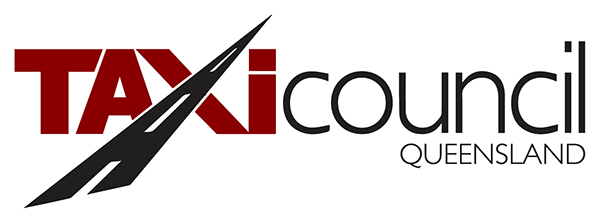Media Release
November 27, 2020
As the year draws to a close, venues will be quickly booking up with work functions and celebrations aplenty. With the ‘silly season’ just around the corner, the taxi industry is getting ready for its busiest time of the year and its peak body, the Taxi Council of Queensland (TCQ), is issuing a timely reminder for party-goers to prioritise safety when planning their journeys to and from festivities.
TCQ CEO, Blair Davies, says grabbing a cab takes the hassle out of finding and paying for parking and removes the need for anyone to draw the short straw of designated driver. Taxis are more than just a convenient choice, it’s the extra level of safety taxis provide to passengers that makes them the obvious option when heading home after a big night out.
“As always, our drivers will be working around the clock to shuttle passengers across Queensland as social calendars start filling up – but we can’t stress enough how important it is to keep safety a priority during a period where people are in a ‘festive’ state of mind.
“Taxis are easily the safest way for the public to get from A to B because they are all fitted with high-quality security camera systems and hardwired GPS tracking, safety features that ride-share vehicles typically never have.
“When you get into a taxi, it’s clearly identifiable as a vehicle accredited to provide a public transport service. It’s quite a different level of safety to jumping into a stranger’s private car, which may or may not be the one that’s been booked through an online platform,” says Mr Davies.
Mr Davies says while taxis are ready to service all Queenslanders during this busy time of year, they could always use a few extra hands at the wheel.
“Queenslanders are entitled to let their hair down after what has been an especially trying year, but it’s important to plan your journeys ahead of time as demand for taxis peaks and the roads get incredibly busy. As demand for taxis picks up during the festive season, it’s a great time to join the industry – or perhaps to swap over to taxis, for anyone who’s been a ride-share driver.
“Anyone looking for a change in career would be very welcome to try their hand at driving for a couple of shifts or more in a cab. Taxis are not just safer for passengers – they’re also a safer option for drivers as well.
“We know it’s been a tough year for everyone in the personalised transport sector and ride-share drivers have experienced probably the worst of it as passengers started factoring in the cleanliness of private cars versus commercially sanitised public vehicles such as taxis. It’s yet another reason for anyone thinking about driving, to consider joining our ranks and become a Queensland cabbie.”
Mr Davies also says the onus for safety this Christmas is not just on transport providers, but is also on the public, issuing a reminder for everyone to follow road safety rules and make smart choices.
“It seems a silly thing to remind people of, but remember to look both ways when crossing the street; always wear your seatbelt when travelling in a car; and don’t get behind the wheel if you’ve had one too many end-of-year beverages – that’s the time to grab a cab!”
ENDS
